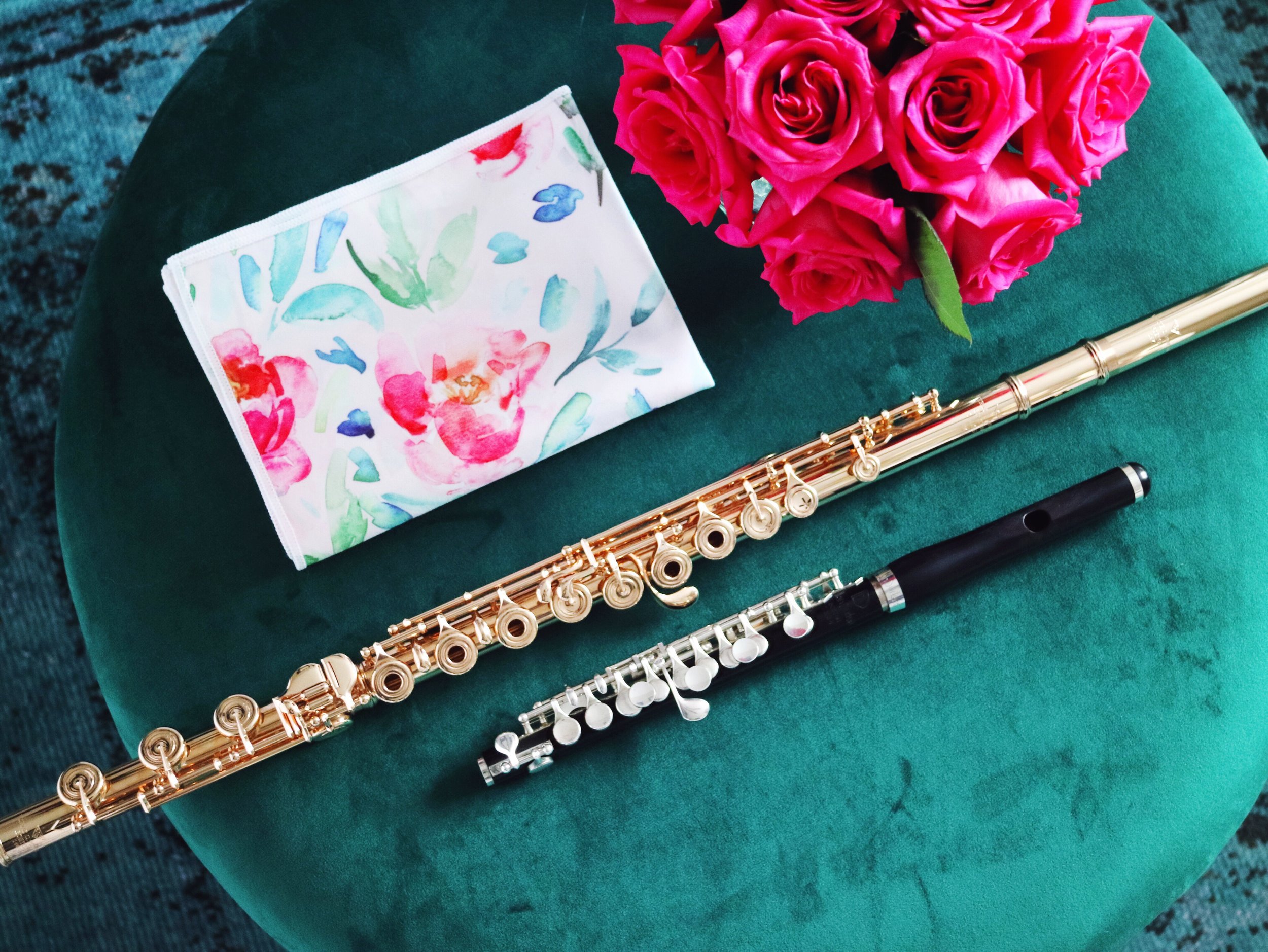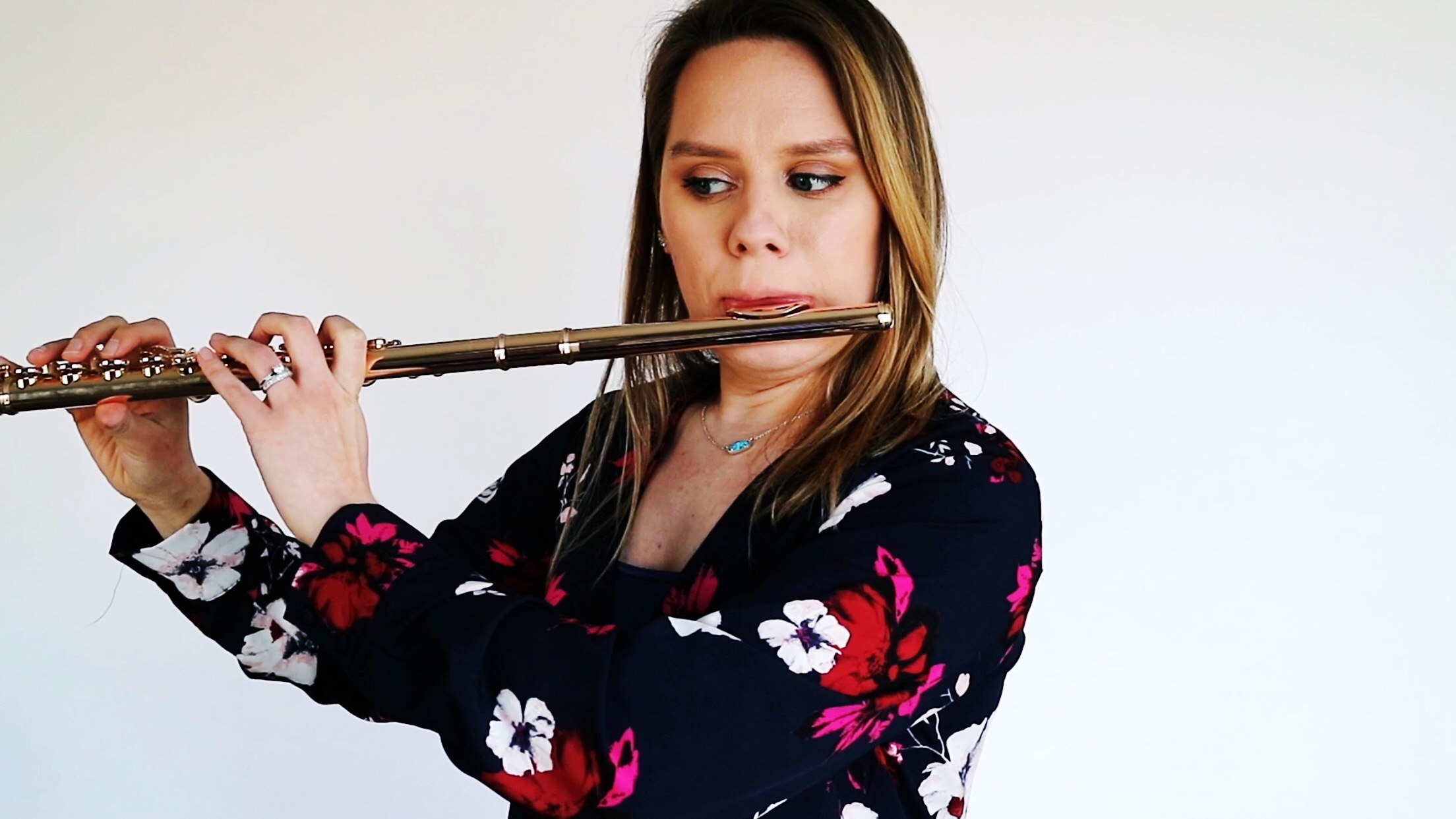Grad School Auditions: What I Wish I'd Done Differently + What I'd Definitely Do Again!
Many students choose to embark on their grad school journey just after graduating as an undergrad, and this was the case for me. I found this helpful because I had my teacher by my side to guide me through the process.
Our lessons in my final two years were geared towards preparing for grad school auditions, and it really contributed to the sense of confidence I felt about going through every step of the process from choosing schools that were right for me all the way through making my final decision.
I've learned a lot in the years that have passed since graduate school, and if I were to go through the application and audition process all over again, there are some things that served me well, and some things I wish I had known or thought to do.
What I'd Do The Same
I had an overall positive experience during my grad school auditions, and I ended up attending the school that was the perfect fit for me. I'd consider the following four things again:
1. Choosing Which Schools to Apply For
I developed an interest in body awareness techniques as an undergrad, and as a result, it led me to seek out schools and potential teachers that had a strong interest in those techniques.
There are plenty of highly respected schools and teachers out there, but narrowing my focus in on my main interests helped me ensure I was applying to the programs that I'd be happiest learning in.
If you're still early in your undergrad career, take an opportunity to explore what you're passionate about. What kind of artist do you want to be? Get to know the artists, teachers, and schools that align with your values and interests.
2. Keeping Fundamentals Strong
I was working on fundamentals and etudes with my teacher every week surrounding audition preparation, and as a result, I was in good playing shape beyond my repertoire. I had a strong practice schedule that felt well-rounded, and I was committed to improving each day.
If I were going through the process again without the guidance of a teacher, I would be sure employ a strong plan for fundamentals that helps me address my weaknesses on a daily basis. I would challenge myself to go above and beyond what feels easy to make sure I'm fully prepared.
The Paul Edmund-Davies Warm-Up Book has been incredibly challenging and rewarding, and comes with a guided plan in the front of the book for rotating through all the exercises if you're looking to up your fundamentals!
3. Choosing Repertoire
Applying for grad school during undergrad meant I was also preparing for a senior recital. I chose bigger pieces I had performed at my junior recital so they would only need polishing, and for any new, required pieces that I needed to learn fresh, they went straight onto my Senior Recital program.
Don't spread yourself too thin by choosing too many different pieces. Overlap and re-use as much as possible! Fortunately, the repertoire at my four prospective schools overlapped quite a bit, which is common for many school requirements.
If I were doing this all over again, I would still choose the pieces I'm familiar with and feel strongly about. Playing those pieces that you end up playing for fun from memory translate into energetic and convincing performances in the audition room.
4. Audition Day
I did four in-person auditions, (one of which was a regional live audition that was video-recorded by a representative from the school), and I felt confident at each of them. I followed along with several consistent things that really served me well, and many of these "Audition Day Rituals" still stick with me and bring me comfort.
I shared a post on the 9 Things I Did Before Every College Audition, and I would still do all nine of these things again!
What I'd Do Differently
Knowing what I know now, there are several things that I'd go back and change about my audition preparation and pre-screening recordings. Here's what I'd do differently:
1. Excerpt Preparation
Having spent more time preparing for professional auditions, I know WAY more about orchestral excerpts, their context, and how to practice and perform them in a consistent, convincing way.
If I had known about the resources I shared in the following post, my excerpt game would've been especially strong:
2. Pre-Screening Recordings
I did my pre-screening recording the day before Thanksgiving, so campus was very quiet and it was easy to use the recital hall without feeling rushed.
If I were doing it all over again, however, I would bring a back-up recording device. I utilized our school's recording services, but the best take of my Mozart Concerto had an issue where several seconds in, it only played out of the right side of the headphones. I ended up using this recording and passing pre-screenings, but it wasn't ideal. Take steps to avoid any issues that could be a distraction away from your playing!
3. Balancing Preparation + Travel with Everything Else
I remember one of the weeks where I was flying out for an audition but also had a million other things to do with concerts, recitals, recording sessions, projects, and more. It was overwhelming to say the least!
Your music professors understand the grad school audition process, so speaking with them early on and letting them know when you're going to be travelling is a good idea. Ask for advice on how you can get ahead and keep from falling behind, and get started on projects and big assignments early!
I was definitely a procrastinator and did not take initiative in this department. If I were doing it all over again, I would've given myself at least one good marathon day a week spent in the library with plenty of coffee, snacks and a best friend to focus on getting ahead. I'd also use the Pomodoro Technique to focus and be more efficient with my time!
4. Preparing For a Strong Performance
I didn't experience too many issues with performance nerves as an undergrad. It wasn't until the end of grad school into my first couple of years of independence that it really began to expand and become an issue.
Because of this, I've since practiced having stronger focus while performing under pressure, employed meditation and mental practice, and most importantly, learned to practice in a deeper way to ensure muscle memory would prevent slip-ups.
Here are a few of the resources that have helped me practice and mentally prepare for stronger audition performances:
Whether you're years away or just a few months away from graduate school auditions, know that you'll end up right where you need to be to grow in ways you haven't realized yet! Enjoy the excitement of it all, seek balance, and trust the process! You got this!
#PracticeRoomRevelations
Instagram.com/JoleneFlute
Facebook.com/PracticeRoomRevelations



![Technique Challenge: Maquarre's Daily Exercises [+ Free Download]](https://images.squarespace-cdn.com/content/v1/5698446a89a60aae9b0dd518/1572800900703-MMXO2XYG0FF0L1GUJIPY/Copy+of+Copy+of+Copy+of+Copy+of+Copy+of+Copy+of+Copy+of+D-I-YHOLY+GRAIL.jpg)
![How I Practice Vibrato: 6 Self-Awareness Questions [Video]](https://images.squarespace-cdn.com/content/v1/5698446a89a60aae9b0dd518/1570985340411-W4W1YRESH9LK9LHT0FPV/3E6952AB-1223-4505-9C13-3DB3235A8D0F.JPG)
![Warm-Up With Me: In-Depth Fundamentals Routine [Video]](https://images.squarespace-cdn.com/content/v1/5698446a89a60aae9b0dd518/1549558978278-CDJEIHCU8EKS7E7XVSM4/Facetune_07-02-2019-09-32-08.jpg)

